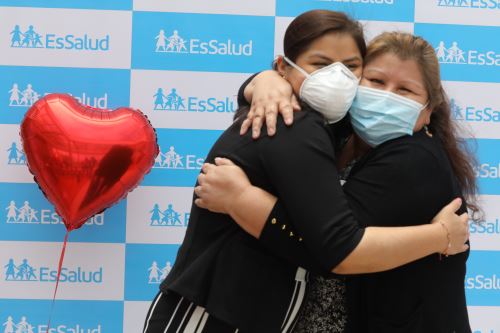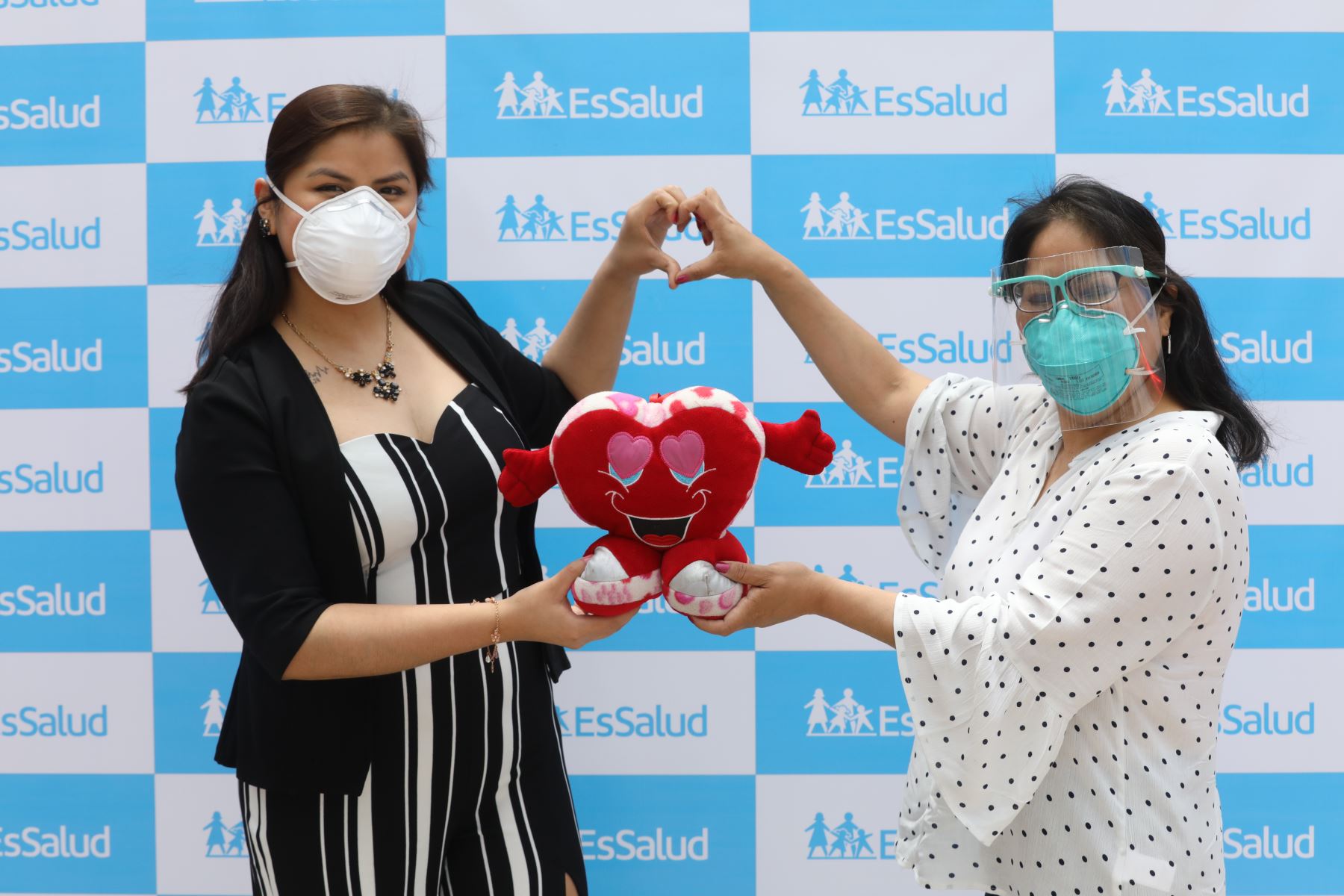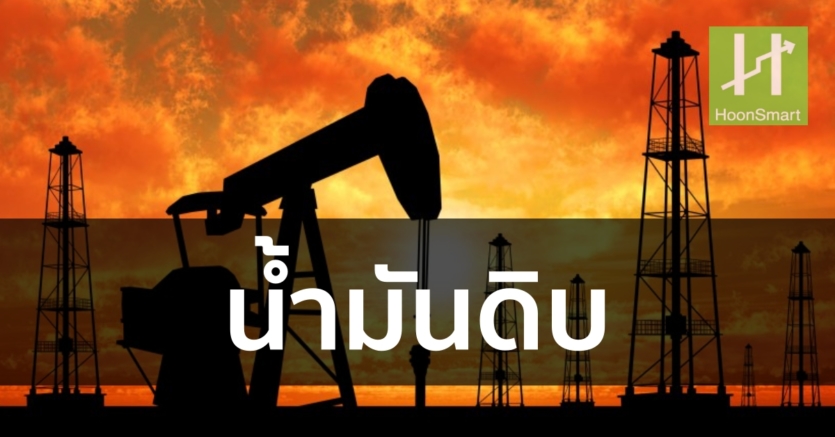Jessica Nora Guerrero Huachio (45) and Emely Mendoza Pacheco (29) have a life story in common: both received a new heart that allowed them to change the course of their lives, continue their projects and have the opportunity to celebrate the first year of this event that coincided exactly with the birth of the Child Jesus and the Descent of the Magi.
In 2019 they met at the National Cardiovascular Institute (Incor) Carlos Alberto Peschiera Carrillo, from the Social Security, without imagining that a year later they would meet one another to commemorate, with the multidisciplinary medical team of EsSalud, the achievement of having replaced their weakened hearts with other healthy ones from two donors.
The director of Incor, Julio Morón Castro, and the president of the Heart Transplantation Committee, David Gálvez, received the patients with a bouquet of roses and a teddy bear, as an expression of the happiness that the medical team causes to see them enjoying good health to a year of transplants.
Gálvez highlighted that this event fills cardiovascular surgeons, cardiologists (specialists in heart failure, intensivists, clinicians), cardiovascular anesthesiologists, infectious disease specialists, pathologists, nurses, physiotherapists, medical technologists, psychologists, nutritionists, social workers, logistics personnel, among others with joy. other professionals, who, from their specialty, have helped Jessica and Emily continue to enjoy life.
He took the opportunity to invoke the population to become aware of how important organ donation is. “We are five times more likely to ever need an organ for transplantation than to become a donor. Let us express the desire to donate in our DNI and talk about our wishes with our close relatives ”, he said.
Willingness to donate
At present, only 30% of citizens put on their ID that they do agree to donate their organs, but it is the family that decides, finally. Just as Jessica and Emily suffered from advanced heart failure and were saved, many people, including children and adults, will be able to do so if they find a donor.
“A person with irreversible brain death is a potential donor candidate and it is the family’s criteria to give authorization, ”he said.
For their part, Jessica and Emely expressed their gratitude and appreciation to the doctors and assistance staff of Social Security for restoring their hope of continuing to fulfill their dreams with the people they love most. Likewise, they infinitely valued the incomparable gesture of love and detachment from their donors and family members.
Jessica y Emely
In the case of Jessica, an accountant by profession, it was determined after several analyzes that had dilated cardiomyopathy, a disease that weakens the heart muscle and prevents the heart from carrying enough blood to the rest of the body. From one moment to the next, she began to feel bad, tired, so she went to a private clinic for further treatment.
In 2019 began to decompensate and have liver problems and leg swelling. In November of that same year, she was transferred to the Alberto Sabogal Hospital and, later, to the Incor, where the Christmas miracle occurred, as she recalled.
On December 25, 2019 he received a new heart thanks to a donor that by coincidence she was a female person who in life was also an accountant by profession. After several days of recovery, he was put on the ECMO machine, a state-of-the-art equipment that replaces the heart’s function while his body assimilates the new organ.
Emely, on the other hand, was detected from a young age respiratory problems and as he grew up he presented very strong coughing episodes. At the age of 11, the doctors told her mother that she had a very large heart, which caused problems with her lungs.

Two years later, her state of health worsened: she had fatigue that prevented her from walking and going to school and, in addition, he was diagnosed with bradycardia and hypertrophic cardiomyopathy. His heart rate was very low and he was urgently prescribed a pacemaker.
Emely She was treated when the Incor was in the Almenara hospital, and there they placed a pediatric pacemaker; he recovered and returned to school normally. But in November of last year he began to feel tired again and had a very prolonged tachycardia. Her condition began to worsen and she was admitted to Incor, where on January 6, 2020, she received the transplant.
Survival rates
Most transplant patients exceed 10 years of life. According to the international survival curves established by the International Society for Heart and Lung Transplantation (ISHLT), INCOR’s survival rates are above the world average short, medium and long term.
Even if after a decade the heart begins to fail, the patient can be re-planted prior to the development of studies, which ensure that they will not present infections, tumors or antibodies that reject a new external organ.
As a result of the pandemic due to covid-19, this year there was a significant drop in the availability of cadaveric donors. In 2019, 15 heart transplants were performed and this year only two were registered.
Most of the potential donors were people who lost their lives for covid-19It is for this reason that transplants could not be carried out to avoid infection of the recipients; however, this situation is expected to change next year.
More in Andina:
In times of pandemic, “confinement” was the word of the year 2020 https://t.co/vufGr0lSEv
?? The winner has been selected by the FundéuRAE from a list of twelve candidates who have marked 2020 pic.twitter.com/4ckNznSNRb
– Andean Agency (@Agencia_Andina) December 29, 2020
(FIN) NDP / SMS / JOT
Posted on: 12/29/2020
– .


